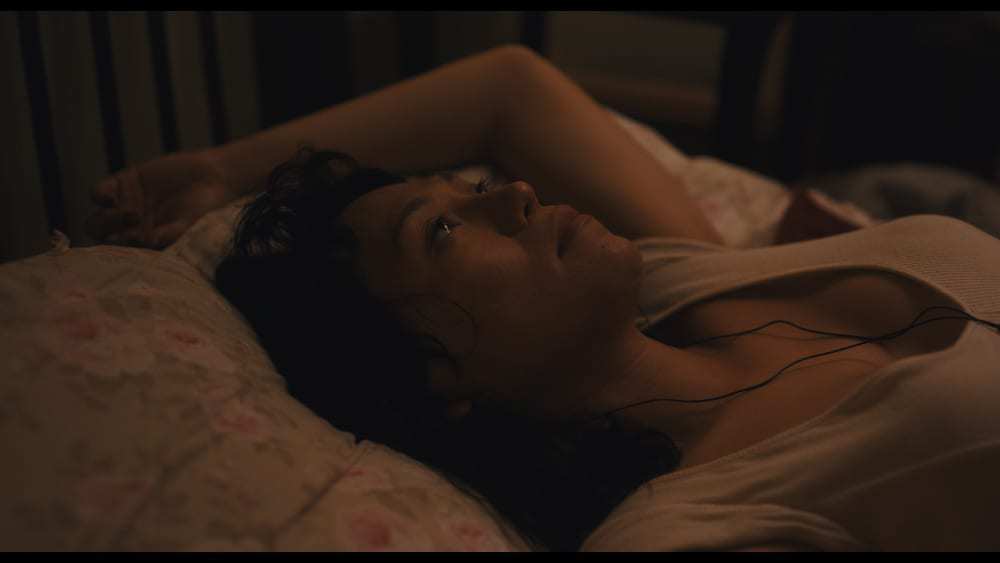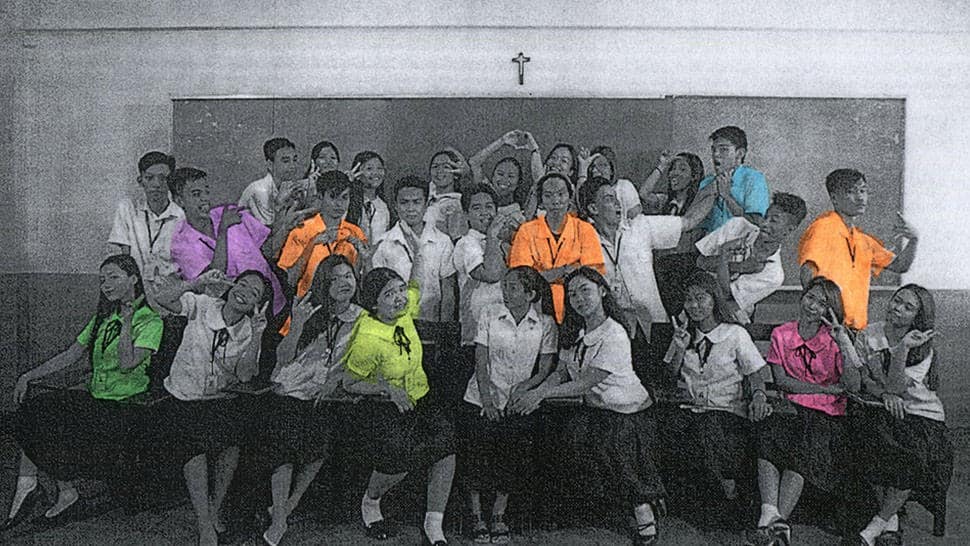31. Lingua Franca (2019) by Isabel Sandoval

Isabel Sandoval directs a film that manages to make its points through a subtle but eloquent approach. The issues foreigners face in order to get a green card is the one that functions as its base, but the story also deals with how people perceive transsexuals and the difficulty of taking care of the elderly, particularly when they are suffering from mental issues. I was also impressed by the way the film deals with the conflict of identity theme, since, this time, it is not the transgender individual who has doubts, but the heterosexual, who is not sure of how to deal with his feelings. The fact that when he eventually decides, he becomes this conservative, futile romantic man is almost humorous, if not for the dramatic unfolding of the story. (Panos Kotzathanasis)
32. Cleaners (2019) by Glenn Barit

The social comments vary from light and comic to serious and dramatic, from the problem of defecating in school and the difficulties school politics present, to racism, teen pregnancy and the consequences of the practices of politicians. The presentation, however, despite the fact that uses young teenagers as medium, occasionally surpasses the borders of either the crude or the grotesque, with particularly the ending of the third segment being quite difficult to watch, despite the detachment the particular visuals offer. The shock however works quite well for the narrative, intensifying the recurring message that “good things can result from bad situations”. (Panos Kotzathanasis)
33. Remnants of a Revolution (2019) by Cha Escala

The narrative style Escala implements works quite well, as it combines Pepe's interviews, her own narration that fills in the gaps, archive footage from the actual events that led to Marco's fall, the interactions between father and son, the testimonies of his former comrades and a number of dramatization sequences, which seem a bit out of context, but in the end, add to the overall aesthetics of the documentary. The work done in the editing is also great, as it connects all the aforementioned parts in a way that keeps the interest unwavering, although the main subject had already took care of that. (Panos Kotzathanasis)
34. Mystery of the Night (2019) by Adolfo Borinaga Alix Jr

Alix's approach to his theme is rather unusual, since the initial, evident comments about the mistreatment of the Spanish colonial rule and particularly the practices of the clergy and the aristocracy are soon placed in the background, as the film takes a ritualistic, folkloric/supernatural form. However, the relationship between the woman in the woods and the man, who happens to have another woman waiting for him at home, could be perceived as a metaphor for the way the colonialists dealt with the locals. First, they wooed them, then they exploited them and in the end, they abandoned and even became violent when the latter tried to establish some sort of permanent connection. The revenge that takes up the last part seems like an attempt to vindicate the then sentiments of the Filipinos, and perhaps can be perceived as a metaphor for Katipunan, an anti-colonial secret organization whose discovery by the Spanish authorities is considered the beginning of the Philippine Revolution.
35. Maria (2019) by Pedring Lopez

The action choreography by Sonny Sison (who also worked in “BuyBust” and plays a small part in the film as an MMA trainer) is exceptional, with him taking full advantage of the aforementioned combination to present a number of rather impressive action scenes, featuring martial arts (hand-to-hand combat and the use of various weapons) and guns. The ones in the nightclub (particularly the brutal ending of the fight of the two women and the killing of one of the villains with pills) and the final, quite lengthy one in the rain during the night are the most memorable, although the majority of them are rather good. (Panos Kotzathanasis)













